Publications
Articles, publications, books, tools and multimedia features from the U.S. Institute of Peace provide the latest news, analysis, research findings, practitioner guides and reports, all related to the conflict zones and issues that are at the center of the Institute’s work to prevent and reduce violent conflict.
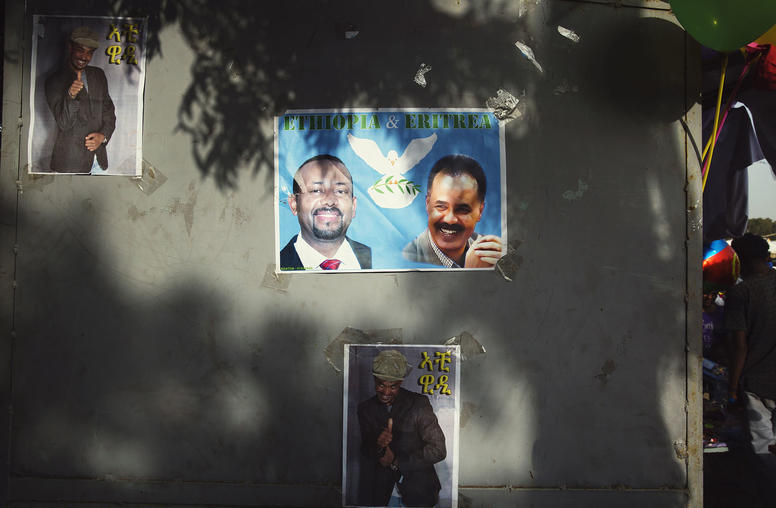
A Year After the Ethiopia-Eritrea Peace Deal, What Is the Impact?
Ethiopia and Eritrea signed a peace agreement just over a year ago to end two decades of a “frozen war.” The accord, which resolved a seemingly intractable border dispute after Ethiopian Prime Minister Abiy Ahmed took office and accepted an independent commission’s 2002 boundary decision, was greeted with tremendous optimism in both countries and by international observers.
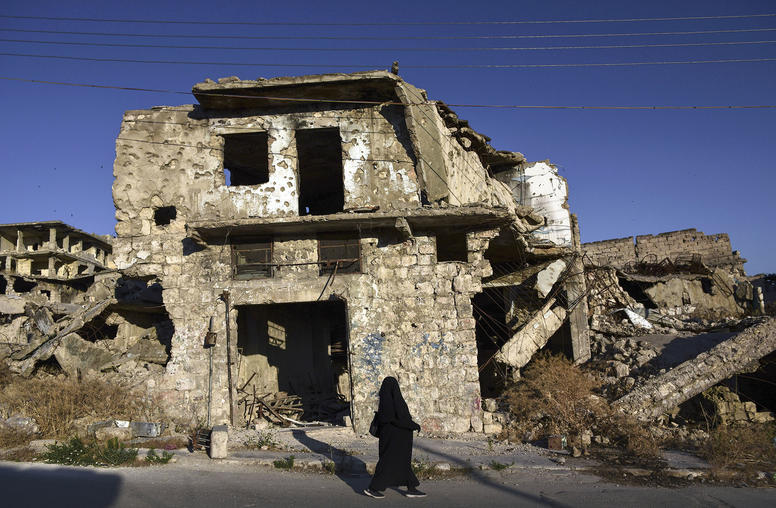
The U.S. ‘Cannot Avoid or Ignore’ the War in Syria
A new, congressionally mandated study on Syria policy urges the United States to maintain a military presence and sanctions pressure against the Assad regime, and to help build alternative governance in areas beyond the regime’s rule. The bipartisan Syria Study Group, appointed by Congress, stresses that ISIS in Syria remains a potent threat to the region and to U.S. national security. The Syria Study Group discussed its report at USIP, which at Congress’ direction facilitated the group’s work.
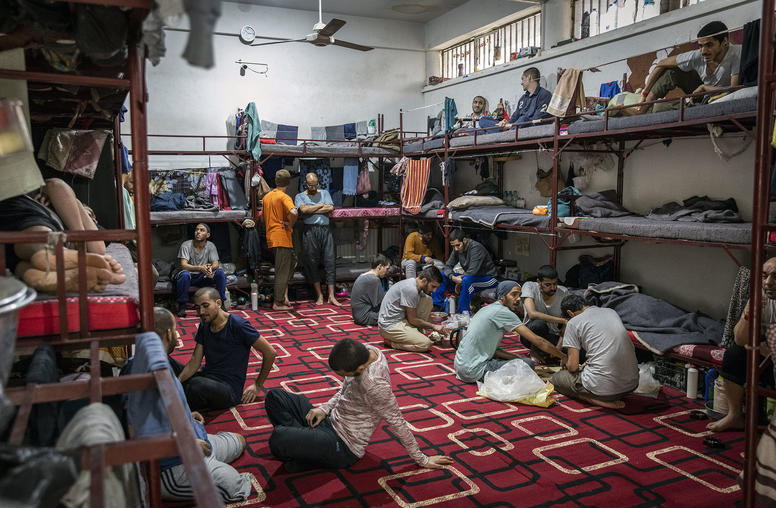
A Sustainable Approach for Disengaging Violent Extremists
Governments and communities worldwide are facing the increasingly daunting challenge of what to do when citizens who participated in violent extremist conflicts return home. With ISIS’s territorial caliphate extinguished, more than 100 countries could face the task of not only having to reintegrate their citizens, but also preparing their communities for a future with them living next door. This is a society-wide challenge that will engage a cross-cutting spectrum of stakeholders deploying a range of peacebuilding and other tools to build communities and individuals who are more resilient to violent extremism.
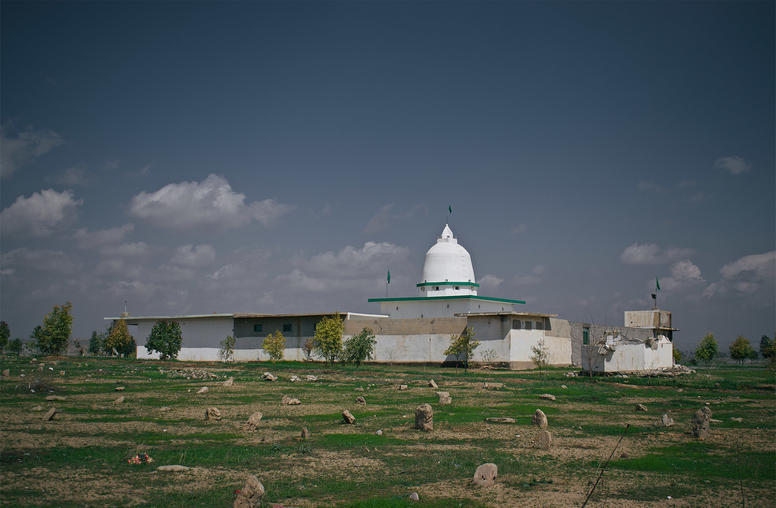
Threat to Kakai Community Poses Broader Challenges for Iraq’s Democracy
Amid the global pandemic, ISIS and the havoc it still wreaks have largely fallen out of the headlines. Nonetheless, the terrorist group’s genocidal march against Iraqi minorities has continued. In Iraq’s eastern Diyala province, ISIS has targeted the Kakai minority with multiple, vicious attacks. The plight of the Kakai community in Iraq is a microcosm of the larger existential challenges Iraq faces. Ethnic and sectarian divides have been a flashpoint for conflict and division for decades. For Iraq to move past the wreckage of ISIS, prevent the terrorist group’s resurgence, and advance its struggling democracy, the Kakai must not only be protected but woven more meaningfully into the diverse tapestry that is Iraq—and the United States has the opportunity to help.
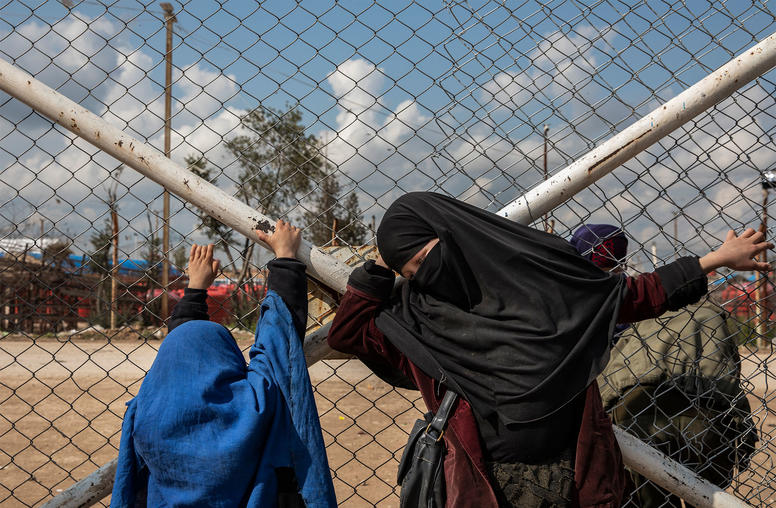
To End ISIS, We Must Find Futures for Its Survivors
At age 15, Shamima Begum ran away from home in England and, with two girlfriends, ventured into Syria’s war to join ISIS. Within days, she was married to an ISIS fighter; she has since had three children, all of whom have died. Begum, one of 70,000 former residents of the ISIS-declared state now confined in a displacement camp in Syria’s desert, is asking a British court to overturn a government order that stripped her of her citizenship. As nations worldwide seek justice, accountability—and their own security from ISIS’ violent extremism—Begum’s story shows how a “peacebuilding” approach is needed.
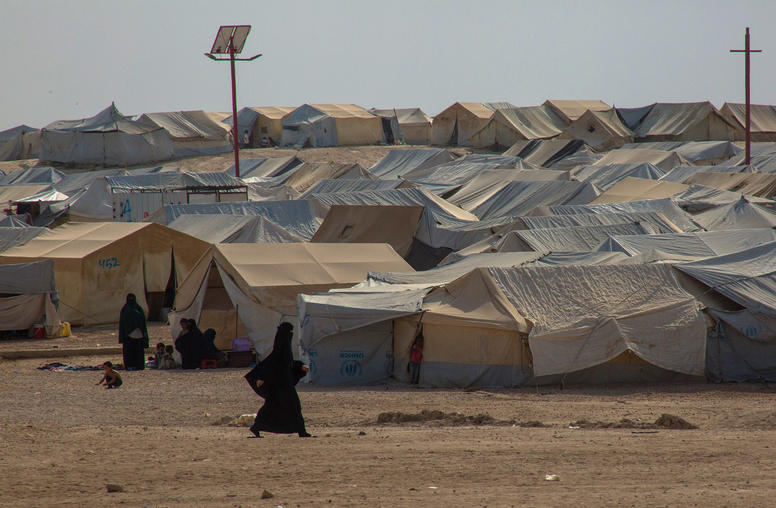
Can Syrians Who Left ISIS Be Reintegrated into Their Communities?
More than a year since the territorial defeat of ISIS, the region is still reeling in the wake of the self-styled caliphate’s destruction. Kurdish authorities operate two dozen detention facilities in northeast Syria holding thousands of former ISIS fighters. On October 5, Kurdish authorities in charge of al-Hol said they would free the 24,000 Syrians in the camp, where conditions have become increasingly unsustainable. USIP’s Mona Yacoubian, Chris Bosley, and Leanne Erdberg Steadman look at what led to the decision to release these Syrians and the challenges ahead for reintegrating them into their communities.
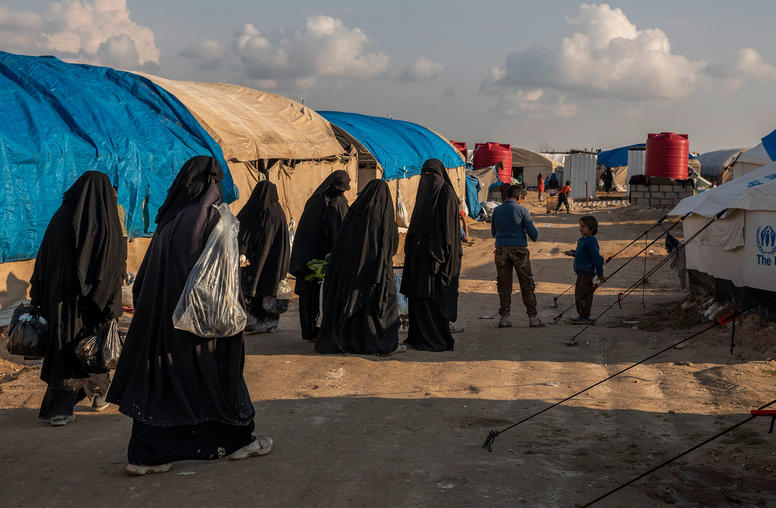
What Will Become of Iraqis in Al-Hol?
The al-Hol camp in northeast Syria—which holds tens of thousands who were living among ISIS before its territorial defeat—has presented the region and international community with a host of thorny challenges. What to do with the camp’s residents has particularly bedeviled the Kurdish authorities who run the camp as well as the governments of countries where residents came from. On October 5, Kurdish authorities said they would release the Syrians in the camp, where conditions have become increasingly unsustainable. But, nearly half of the camps’ 65,000 residents are Iraqis, and their prospect for return remains deeply uncertain. USIP’s Sarhang Hamasaeed discusses the situation facing Iraqis in al-Hol and the challenges ahead if they indeed return.
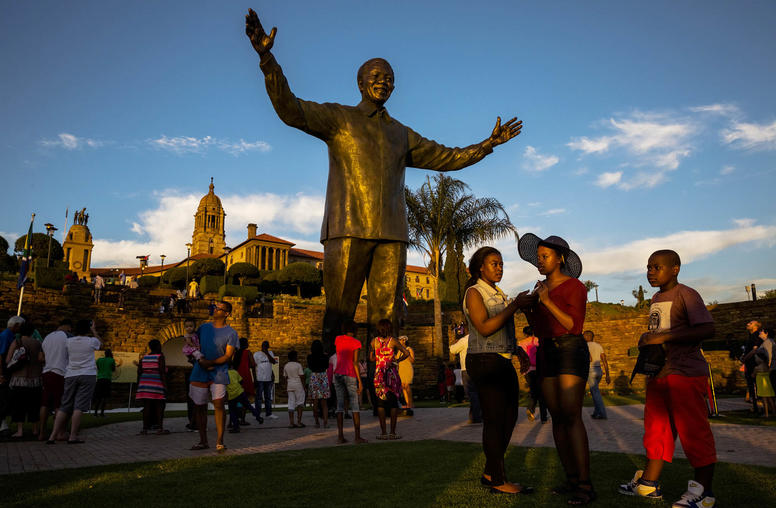
10 Years On, Mandela’s Model Can Build Peace in a Despairing World
Americans and people worldwide are alarmed, even despairing, at our world’s rise in violent conflict. Amid Russia’s assault on Ukraine and yet another brutal spasm of the Israeli-Palestinian conflict, people are rightly asking what changes our governments and communities need to halt this spread of bloodshed, notes Ambassador Johnnie Carson, a dean of diplomacy and peacebuilding. Days from now, the world will mark 10 years since the death of Nelson Mandela, the liberation leader, South African president and Nobel Peace Prize laureate. Mandela’s example, Carson says, offers reminders of what we need today to turn back the tide of warfare.
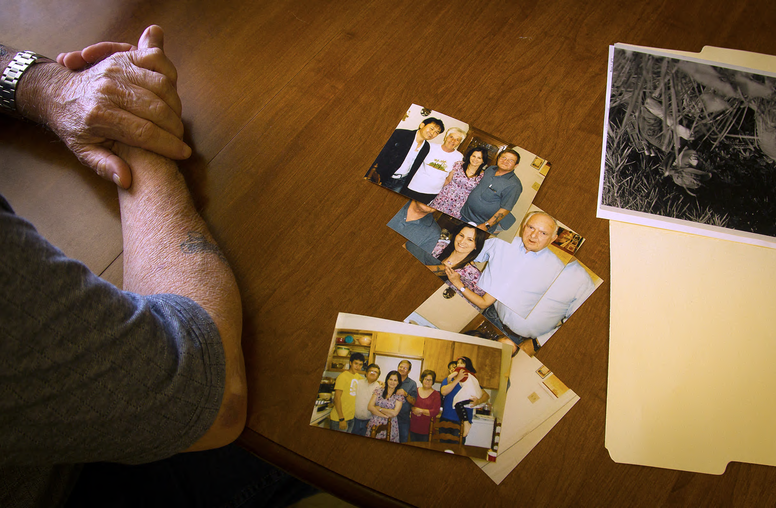
Transforming the Legacy of Children Born of War in Vietnam
During and after the Vietnam War, up to 500,000 “children of war” were born to foreign soldiers and local women in Vietnam. Amerasians — children of war fathered by U.S. soldiers — and adoptees raised abroad are now reclaiming their narratives and healing journeys.
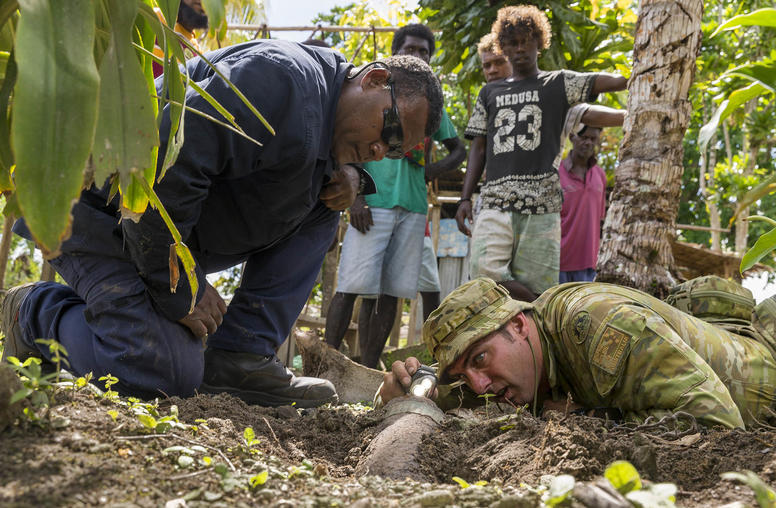
It’s Time for an All-Out War on Explosive Remnants in Solomon Islands
On August 7, U.S. military personnel, diplomats and civilians will gather at the WWII American Guadalcanal Memorial to mark the 81st anniversary of the U.S. Marine landings. Two days of planned commemorative events will include speeches, wreath laying and gatherings to honor the valor of those who fought and the sacrifices of those who never came home. But too often, U.S. attendees return home from this annual commemoration without leaving a lasting footprint in the Solomon Island sand.